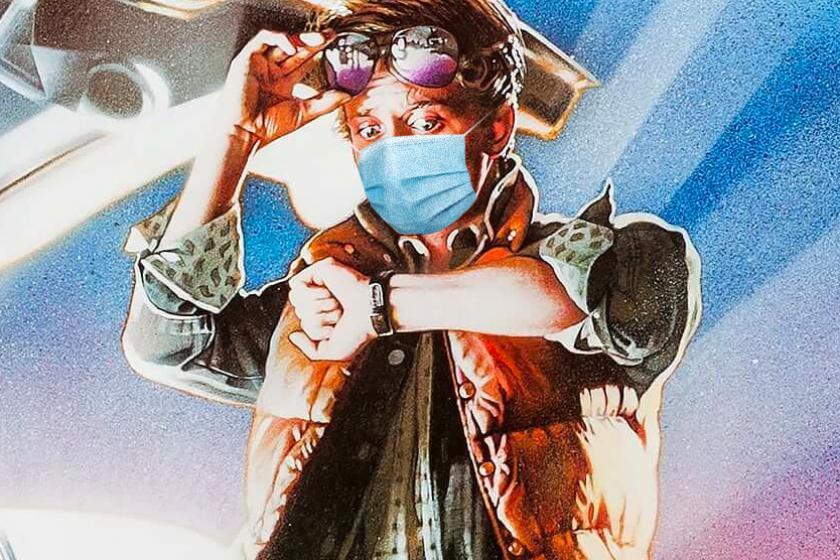The pandemic could have been way worse, observes Washington Post columnist Megan McArdle in a new article: It could have struck 20 years earlier — COVID-1999 instead of 2019.
The world was already connected by “economic superhighways” two decades ago, McArdle notes, so the virus could’ve spread with similar ease. But vaccine research was nowhere near its present state. Crucial information on mRNA vaccines (like the Moderna and Pfizer shots) “was still five years from being published, and work on adenovirus vaccines, such as those from Johnson & Johnson and AstraZeneca, was also in early innings.”
What about mitigation measures? In 2000, McArdle writes, “we didn’t have the technologies that allowed so many people to socially distance while they waited for a vaccine,” nor the technology “that made isolation semi-tolerable,” but “a lot of economic activity probably would have stopped regardless.”
I’m not so sure about that last bit. How much really could have stopped? Certainly not primary education. Parents might tolerate online school or a shutdown lasting several weeks, but I can’t imagine fully suspending children’s education until vaccine distribution would’ve been politically acceptable. Maybe we’d have tried TV or radio classes in places with the infrastructure for it, but if Zoom school — in which kids get some personal interaction with teachers — is unbearable, television school would be worse.
Likewise, very few workplaces could’ve gone remote. About 40 percent of American households had internet, but only 1 percent had broadband. Dial-up worked okay for email, but large files? What about offices that still used paper? And long distance calls weren’t cheap. History suggests there would be some shutdowns and certainly quarantine of the symptomatic, but probably not broad, months-long lockdown. Most of our ordinary routines, of necessity, would have continued.
That said, the information environment of 2000 would’ve made our experience of the pandemic very different. Conspiracy theorizing might have been less mainstream. There may have been extremely sincere PSAs and collectible masks for kids in cereal boxes. We wouldn’t be constantly trading fears and rumors online. More people would have died, but we’d know much less about it.
More stories from theweek.com
Joe Manchin lives on a boat in Washington — and protesters are reportedly headed there
7 cartoons about Derek Chauvin being found guilty
NATO secretary general says to fight climate change, alliance will adapt operations, reduce military emissions








